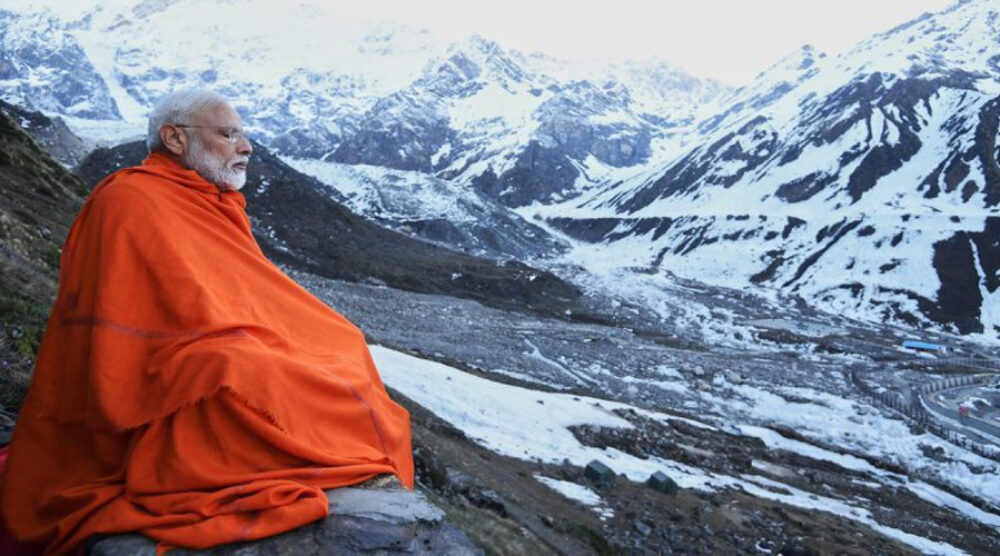IAN HALL |
At the start of 2019, it looked unlikely that Narendra Modi would lead his Bharatiya Janata Party to a win in India’s general election. Economic growth had faltered and promised jobs were not being created. The acche din (‘good days’) he pledged to deliver in 2014 seemed increasingly unlikely.
In the end, however, Modi succeeded, thanks to a well-funded campaign, a weak opposition, and his recent handling of national security challenges. The air strikes Modi ordered after terrorist attacks in Kashmir in mid-February, and the anti-satellite missile test in late March—tests he hailed as a step towards making India a ‘space super-power’—both played to the prime minister’s advantage.
Despite this brinksmanship and muscle-flexing, Modi’s win will be met in capitals across the Indo-Pacific with relief. India has been perceived as a more active and arguably more reliable interlocutor under his leadership. Officials across the region will expect more continuity than change in India’s foreign and security policies in Modi’s second term.
Please click here to read the full “After Modi’s election win, what’s next for India in the Indo-Pacific?” article published at The Strategist, written by Griffith Asia Institute Deputy Director Research, Professor Ian Hall.








